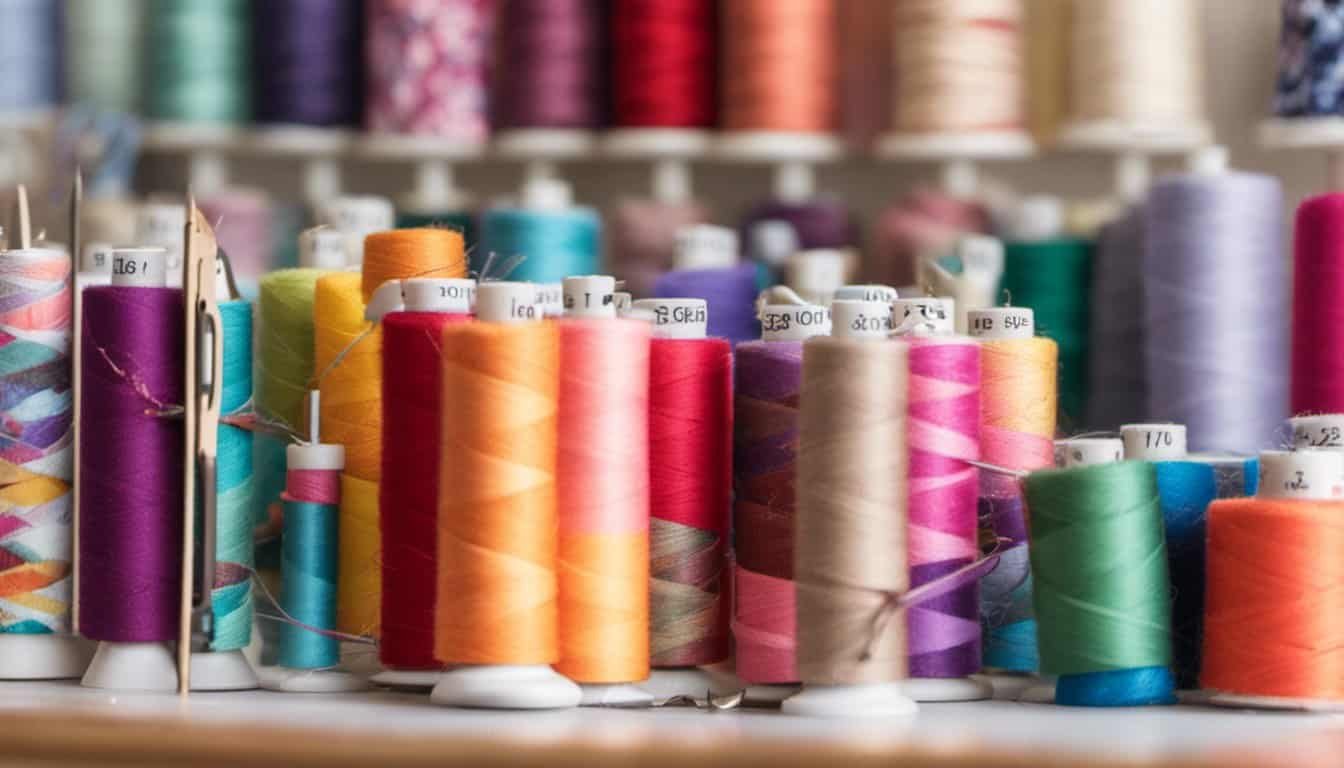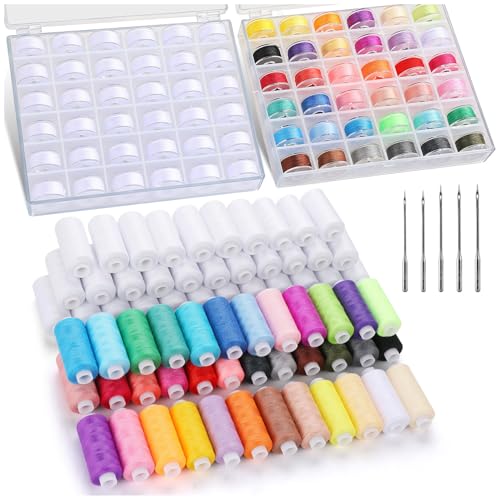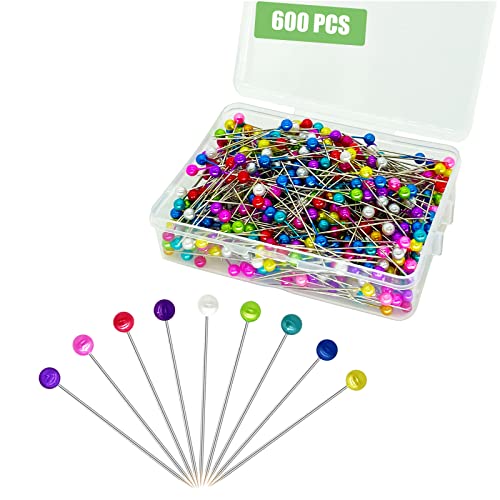Ever thought about diving into a sewing project but don’t own a sewing machine? You’re not alone! Many people face this dilemma, especially when they’re just getting started or need a machine for a short-term project.
Renting a sewing machine might be the perfect solution for you. It offers the flexibility to try out different models without the commitment of buying one. Plus, it’s a cost-effective way to get your hands on a high-quality machine that might otherwise be out of your budget. Let’s explore how you can rent a sewing machine and what benefits it brings to your creative journey.
Exploring the Availability of Sewing Machine Rentals
Renting a sewing machine offers an accessible entry into sewing without upfront costs. It allows you to explore various models and features, enhancing your sewing experience.
Why Consider Renting a Sewing Machine?
Renting a sewing machine provides several advantages. First, it’s cost-effective. Buying a high-quality machine can be expensive, but renting makes top-tier models accessible. For beginners, renting offers a chance to test different machines before committing to a purchase, ensuring you find the one that fits your needs best. Even experienced sewers benefit by trying advanced models or specialized machines for specific projects without a long-term investment.
Where to Find Sewing Machine Rentals
Finding sewing machine rentals involves exploring several resources. Start with local sewing and craft stores; many offer rental services alongside sales. Check online platforms like RentTheRunway, which may feature sewing machine rentals in some areas. Community centers and libraries often have sewing programs with rental options. Additionally, sewing machine dealerships usually provide rental services and offer a chance to try the latest models.
Types of Sewing Machines Available for Rent
Several types of sewing machines are available for rent. Each type caters to different sewing needs, from beginners to advanced users.
Basic Sewing Machines
Basic sewing machines are perfect for beginners. These machines offer essential functions, such as straight stitching and zigzag stitching, without overwhelming features. They’re ideal for simple projects like hemming pants, mending clothes, or creating basic garments. Common brands include Singer, Brother, and Janome.
Industrial Sewing Machines
Industrial sewing machines suit those who need power and speed for larger projects. These machines handle heavy fabrics like denim, leather, and canvas, making them ideal for upholstery, sewing multiple layers, and large-scale production. Brands like Juki and Consew provide reliable industrial options. These machines typically operate faster and handle continuous use better than domestic models.
Specialty Sewing Machines
Specialty sewing machines offer specific functions for unique projects. Examples include embroidery machines for intricate designs, sergers for professional seam finishes, and quilting machines for detailed quilt work. Renting allows you to access machines like the Brother SE1900 for embroidery or the Juki MO-114D for serging without committing to a purchase. Specialty machines can significantly enhance your project quality and efficiency.
Benefits of Renting Over Buying
Renting a sewing machine offers numerous advantages that buying doesn’t. This approach maximizes your creative potential while minimizing financial risk.
Cost-Effectiveness
Renting a sewing machine reduces initial costs. High-quality sewing machines range from $200 to over $9,000. With rental options, you access premium models for a fraction of the purchase price. This is particularly beneficial for hobbyists and occasional users. If your usage is infrequent, rental avoids the long-term financial commitment and upkeep costs associated with ownership.
Flexibility and Convenience
Renting provides flexibility. You can try different machines for various projects, adapting to specific needs without permanent investment. For example, basic machines suit simple tasks, while industrial models handle large-scale projects. Renting also affords the convenience of using the latest models. Rental services often update their inventories with cutting-edge technologies, allowing you to stay current without the expense of continuous upgrades.
These benefits highlight the practicality of renting sewing machines, empowering you to hone your skills and complete diverse projects efficiently.
Factors to Consider Before Renting a Sewing Machine
When contemplating renting a sewing machine, it’s crucial to evaluate various factors.

Rental Agreement Terms
First, understand the rental agreement terms. Check the duration options, extension policies, and any associated fees or penalties. Confirm if there’s a minimum rental period or if you can rent on a daily or weekly basis. Identify the return policies to avoid unexpected charges, and validate if maintenance and repair services are included during the rental period.
Machine Condition and Features
Next, inspect the machine condition and features. Ensure the machine is well-maintained and operational before renting. Look for key functionalities like adjustable stitch lengths, automatic thread cutters, and built-in needle threaders. Verify the availability of accessories like presser feet, bobbins, and instructional manuals. Evaluate whether the machine’s features align with your project requirements, ensuring it can handle the materials and techniques you plan to use.
Conclusion
Renting a sewing machine can be a fantastic way to explore different models and types without the hefty commitment of buying one. Whether you’re a beginner or a seasoned pro, renting allows you to find the perfect machine for your specific project needs. Always remember to check the rental terms and the machine’s condition to ensure it meets your requirements. By making informed choices, you’ll enhance your sewing experience and create beautiful projects with confidence. Happy sewing!






![KPCB Tech Sewing Machine for Beginners [Full Set] with Finger](https://m.media-amazon.com/images/I/41I3AiyNlWL._SL500_.jpg)










